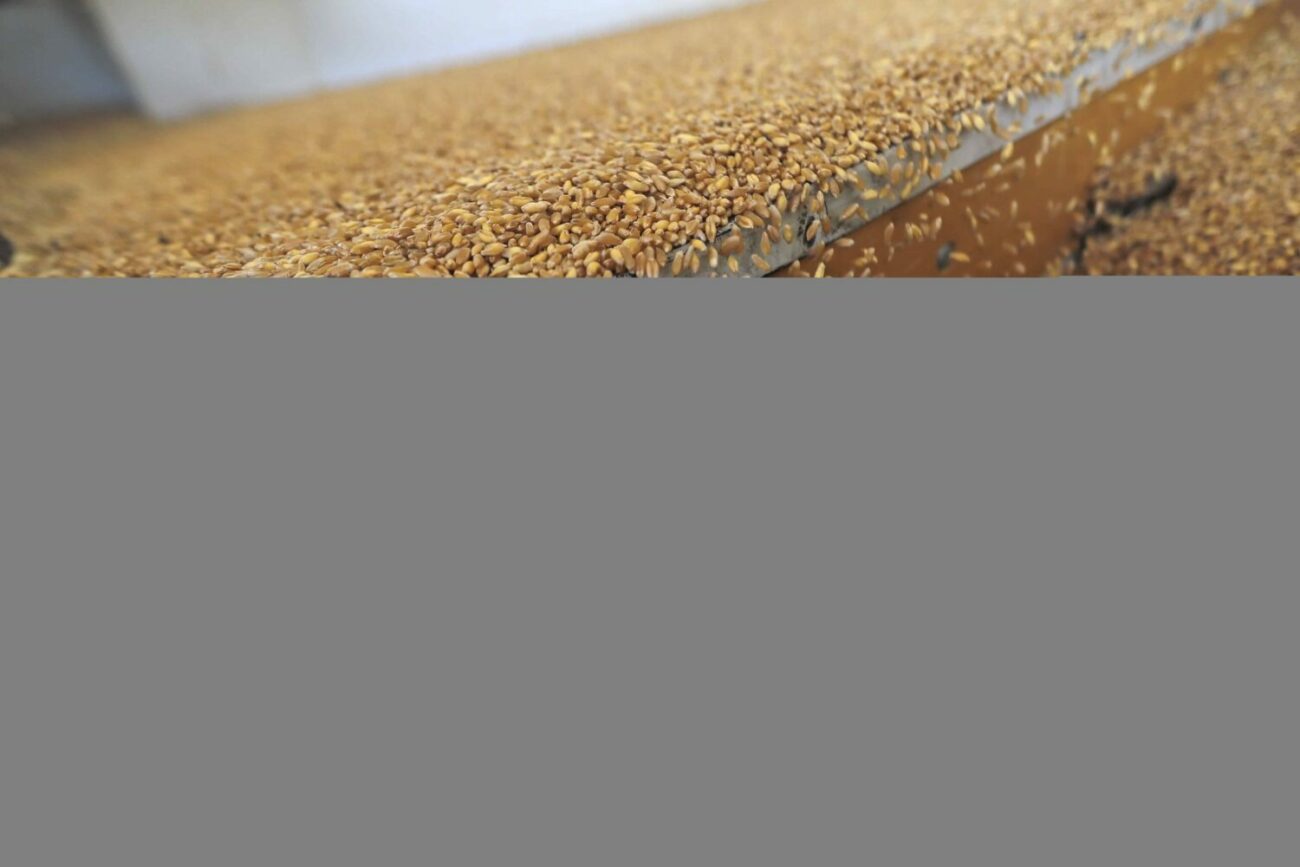Egypt’s inflation rate hit 10 percent in February, official figures showed Thursday, as the country heavily reliant on wheat imports from Russia and Ukraine braces for the full impact of their war.
“The annual headline inflation rate recorded 10 percent for February 2022, compared to 4.9 for the same month last year,” the Central Agency for Public Mobilization and Statistics (CAPMAS) said in a statement.
In May 2019, Egypt’s inflation rate hovered at 11 percent before easing in the following months.
CAPMAS attributed the latest hike to a surge in prices of food especially vegetables, bread and grain.
Last week, the global food price index reached an all-time high, soaring 24.1 percent above its level the year before, according to the UN’s Food and Agriculture Organization (FAO).
Russia’s invasion of Ukraine last month has aggravated a global surge in prices of key commodities including food and oil.
On Wednesday, Egypt’s Finance Minister Mohamed Maait said the Russia-Ukraine crisis will directly affect Egypt.
Wheat provision in the state’s budget “will soar by around 15 billion Egyptian pounds ($1 billion)”, he told a news conference.
Egypt, one of the world’s largest wheat importers, currently purchases a ton of wheat at $400, up from $250 last year.
The country has undertaken tough austerity measures including slashing subsidies and floating the local currency in 2016 as part of IMF-backed economic reforms.
Poor and middle-class Egyptians have been especially hit by the tough measures which saw inflation peak to 34 percent in 2017.








